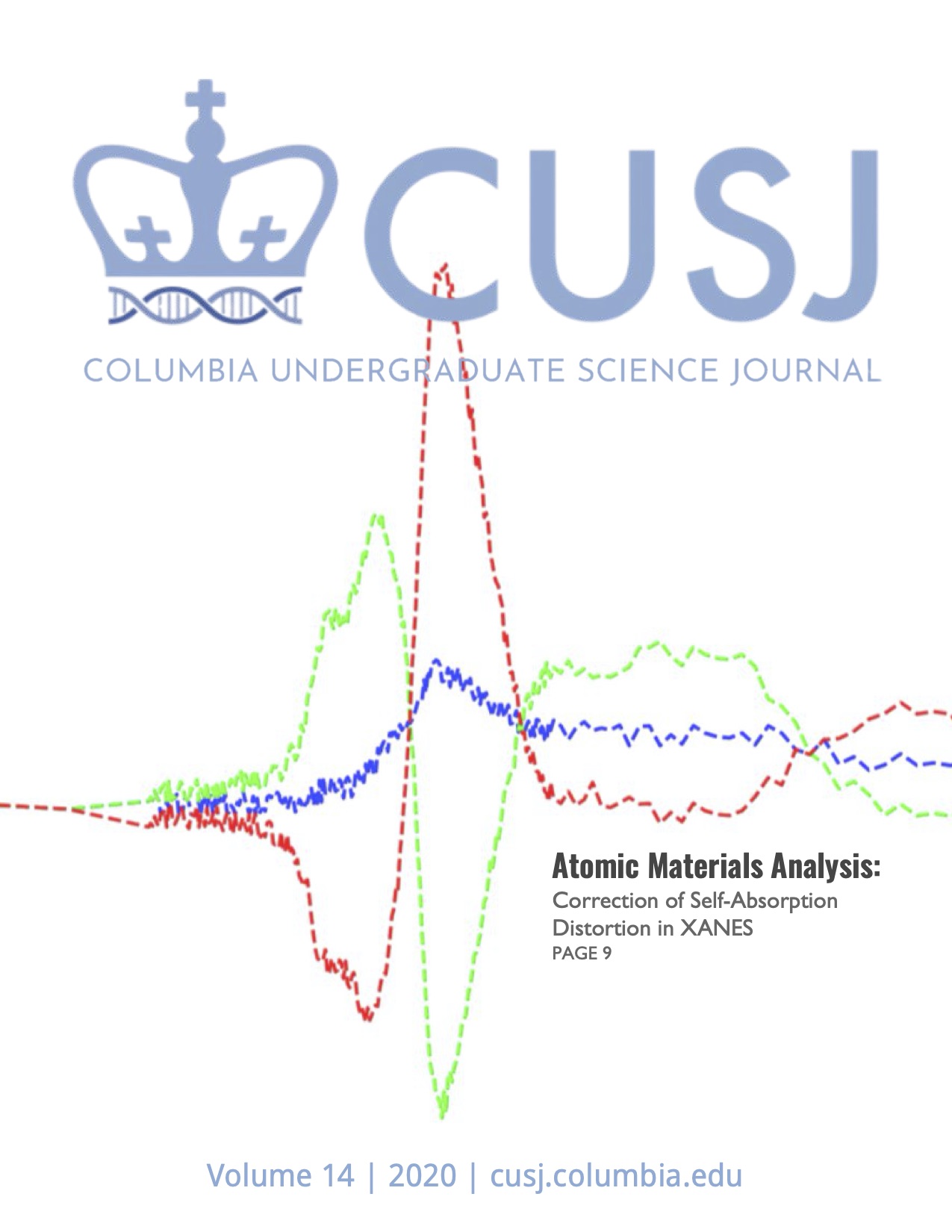Abstract
In solution, oppositely-charged macromolecules undergo charge-mediated liquid-liquid phase separation into a complex coacervate phase – a dense, macromolecule-rich liquid. In nature, the basis for intracellular compartmentalization in the formation of membrane-less organelles has been shown to follow similar complexation principles, where charged proteins represent the ionic species. We seek to capture the spatiotemporal tunability properties of such organelles for enzymatic reactions in vitro. However, the in vitro formation and deformation of protein-based coacervate microenvironments as a nanoreactor is a limiting factor. Here, we prescribe high-precision turbidimetry coupled with optical microscopy, to characterize the phase behavior of binary protein-polymer complexes between the weak anionic enzyme Glucose Oxidase (GOx) and four different synthetic polycations as functions of composition and ionic strength. Establishment of conditions ideal for coacervate formation in each protein-polymer system informed pH titration experiments on characterizing self-assembly regulation. The results from this study will help inform the design of novel coacervate microenvironments for industrial enzyme cascades and elucidate the role of associative phase separation in cellular evolution.

